If you’ve heard someone claim that Halloween is the Devil’s birthday, let me save you some suspense: it’s not.There’s no historical, religious, or cultural evidence linking October 31 to the literal birth of any devil figure.
This idea mostly comes from modern myths, religious misunderstandings, and spooky folklore. But like many rumors, it spread because it sounds dramatic and fits the “scary Halloween” image.
Still, I get why the question comes up. The holiday is packed with costumes, skeletons, witches, and plenty of things associated with the supernatural.
Add a dash of pop culture, and it’s easy for the imagination to run wild. That’s why we need to look at where Halloween actually comes from, who celebrates it, and why “Devil’s birthday” isn’t on the guest list.
Where Did Halloween Come From? | The Real Origins
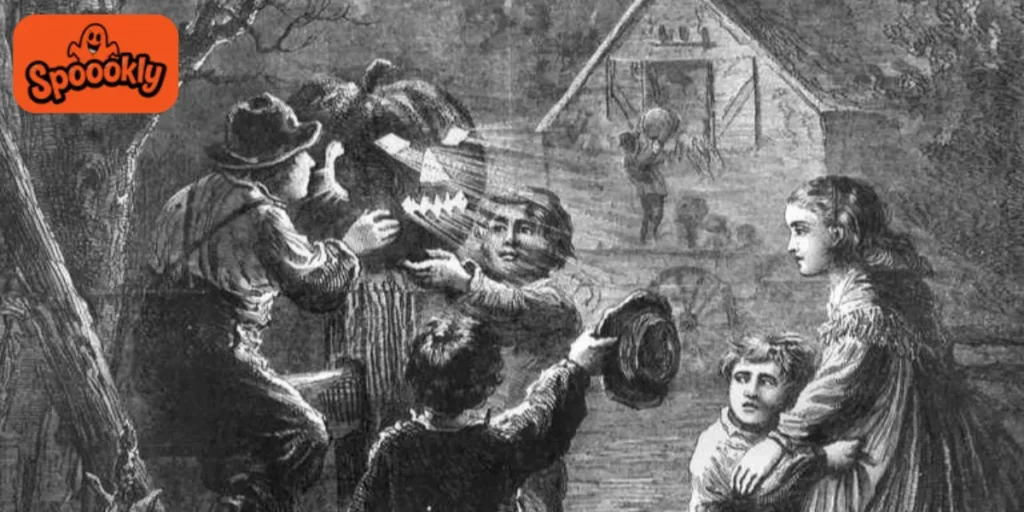
The roots of Halloween go way back, long before the idea of the Devil even entered certain cultures.Historians trace it to the ancient Celtic festival of Samhain (pronounced sow-in), celebrated over 2,000 years ago in what is now Ireland, the UK, and parts of northern France.
Samhain marked the end of the harvest season and the beginning of winter a time associated with death, not because of evil, but because crops died and days grew shorter.
For the Celts, Samhain was a spiritual moment. They believed the veil between the living and the dead was thinnest, so spirits could visit the living.
To protect themselves, people lit bonfires and wore disguises. This had nothing to do with celebrating a devil it was about respecting nature’s cycles and protecting the community from harmful spirits.
How Christianity Shaped the Holiday
When Christianity spread across Europe, the Church often blended local festivals with Christian observances.
In the 8th century, Pope Gregory III moved All Saints’ Day to November 1, making October 31 All Hallows’ Eve. Over time, this became “Halloween.”
In Christian tradition, this was a time to honor saints and pray for souls again, not to mark the birth of any evil figure.
The imagery of skeletons, ghosts, and the afterlife stayed, but the meaning shifted toward religious reflection. If anything, the Church was trying to replace pagan customs, not promote devil worship.
Where the Devil’s Birthday Rumor Started
The “Devil’s birthday” idea is actually a modern myth, gaining traction in the late 20th century, especially in certain evangelical Christian circles.
Some religious leaders warned against Halloween because of its use of occult symbols like witches and black cats. Over time, these warnings morphed into the belief that the day was somehow for the Devil, or even his “birthday.”
In reality, no historical or scriptural text mentions October 31 as a significant day for any devil figure. Satan, in Christian belief, is a fallen angel not a being with a physical birth date. The idea is symbolic at best, not literal.
Why Some Religious Groups Avoid Halloween
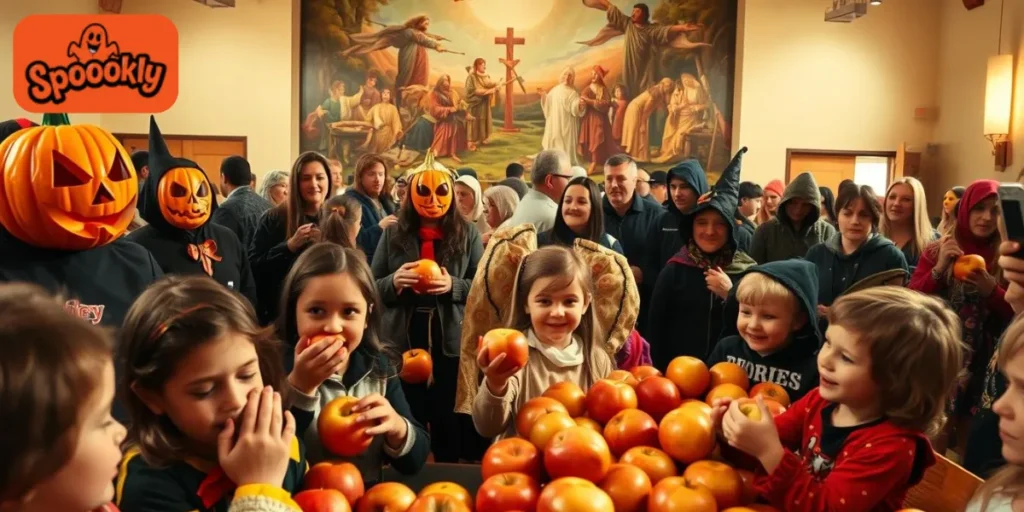
Even though Halloween has no link to the Devil’s birthday, certain religious communities still avoid it. The main reason is symbolism.
Halloween often uses imagery from witchcraft, the occult, and death themes that some faith traditions associate with spiritual danger.
For example, many evangelical Christians, Jehovah’s Witnesses, and some Orthodox communities prefer to avoid the holiday. They believe the costumes and decorations can trivialize evil or normalize beliefs they reject.
This isn’t about believing it’s literally the Devil’s birthday it’s about staying away from anything that appears to promote darkness.
I’ve met people who skip Halloween entirely, not because they think there’s a demonic birthday party happening, but because they’d rather not mix their beliefs with traditions they see as spiritually risky. It’s a personal choice, not a universal rule.
Pop Culture’s Role in the “Evil Holiday” Image
If movies were your only source of information, you might think Halloween night is when demons, vampires, and chainsaw-wielding maniacs roam the streets.
Hollywood has turned October 31 into the ultimate horror backdrop from “Halloween” (1978) to countless ghost and witch films. These stories amplify the scary factor for entertainment, but they also help myths stick.
In the 1980s and 1990s, TV specials and urban legends about satanic cults meeting on Halloween gained traction. Law enforcement later debunked most of these claims, but by then, the “evil night” label had sunk in for many people.
The idea of it being the Devil’s birthday just sounded like the next logical though completely fictional step.
Harmless vs. Harmful: What Halloween Really Looks Like Today
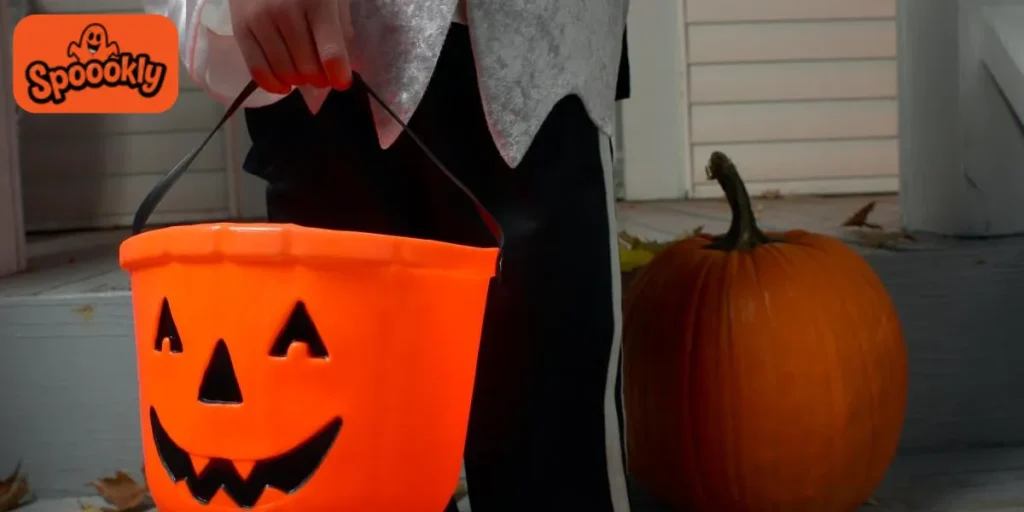
Walk into any suburban neighborhood on October 31, and you’re more likely to see Spider-Man costumes and kids tripping over their candy bags than dark rituals. For most people, Halloween is about:
- Costumes – From scary to silly, often based on movie or game characters.
- Candy – Trick-or-treating is the main event for children.
- Community events – Pumpkin carving, parades, haunted houses, and school parties.
The “harm” comes when people engage in vandalism, dangerous pranks, or use the night for illegal activities things that could happen on any day of the year. The majority of Halloween celebrations are lighthearted and safe.
Why the “Devil’s Birthday” Label Stays Around
Once a rumor hits the cultural spotlight, it’s hard to erase. The “Devil’s birthday” claim taps into our love for mystery and fear. It’s also a quick, dramatic way for opponents of Halloween to express disapproval.
And let’s be honest telling kids “we don’t celebrate because it’s the Devil’s birthday” is easier than explaining the nuanced history of Celtic harvest festivals and church calendars. Simple stories spread faster, even if they’re wrong.
Cultural Variations of Halloween Around the World
Halloween may be big in the United States, Canada, and the UK, but other cultures have their own late-October or early-November traditions and none of them involve celebrating the Devil’s birthday.
In Mexico, Día de los Muertos (Day of the Dead) is a vibrant, family-focused holiday honoring ancestors. Families decorate altars, bring offerings, and gather at cemeteries not to summon evil spirits, but to show love and respect to those who have passed away.
In parts of Europe, you’ll find All Saints’ Day and All Souls’ Day celebrated with church services, candlelit graves, and quiet reflection.
In Japan, the closest equivalent isn’t tied to October at all Obon Festival happens in summer, but it also focuses on remembering the dead.
The key takeaway? Around the world, the connection is about memory and community, not about any supernatural birthday party.
How Different Countries Interpret October 31
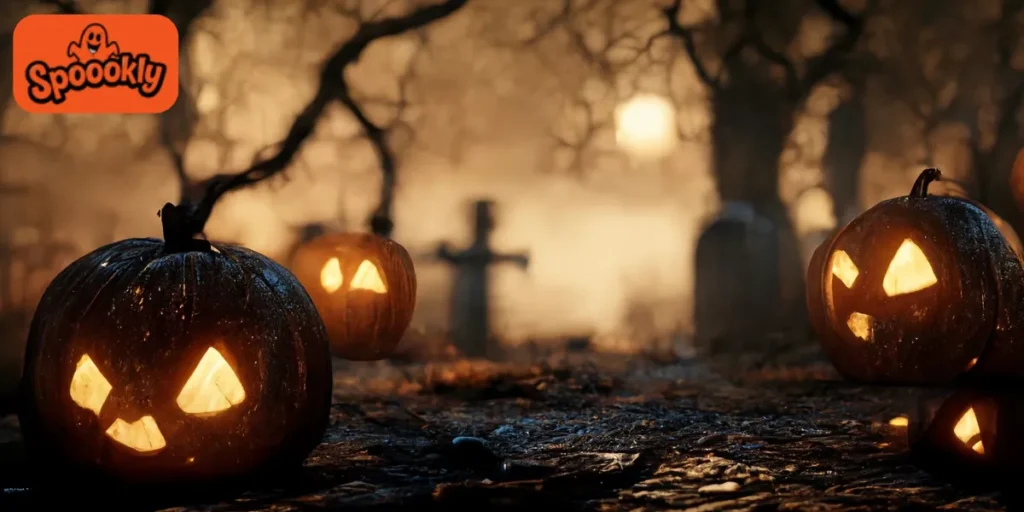
The American version of Halloween costumes, trick-or-treating, haunted houses has spread globally through media. But each country adds its own twist.
- Ireland and Scotland: Still keep some Samhain-inspired traditions, like bonfires and fortune-telling games.
- Philippines: Have “Pangangaluluwa,” where people sing at homes for treats while praying for souls.
- Germany: Some families hide their knives on Halloween night not because of demons, but as a quirky way to “protect” wandering spirits from harm.
None of these traditions link the date to a devil figure. If anything, the global diversity of customs shows how adaptable and non-satanic the holiday really is.
Why People Enjoy Spooky Traditions
Fear, in small doses, can actually be fun. Psychologists say our brains release adrenaline and dopamine when we get scared in a safe environment think haunted houses, horror movies, and ghost stories around a campfire.
Halloween gives us a socially acceptable way to play with fear. Dressing up as a monster or decorating your house with fake cobwebs doesn’t mean you’re summoning evil it’s just symbolic play.
For adults, it’s nostalgia; for kids, it’s pure fun. The “Devil’s birthday” label just doesn’t fit with the actual psychological experience people are having.
Can Celebrating Halloween Have Spiritual Impact?
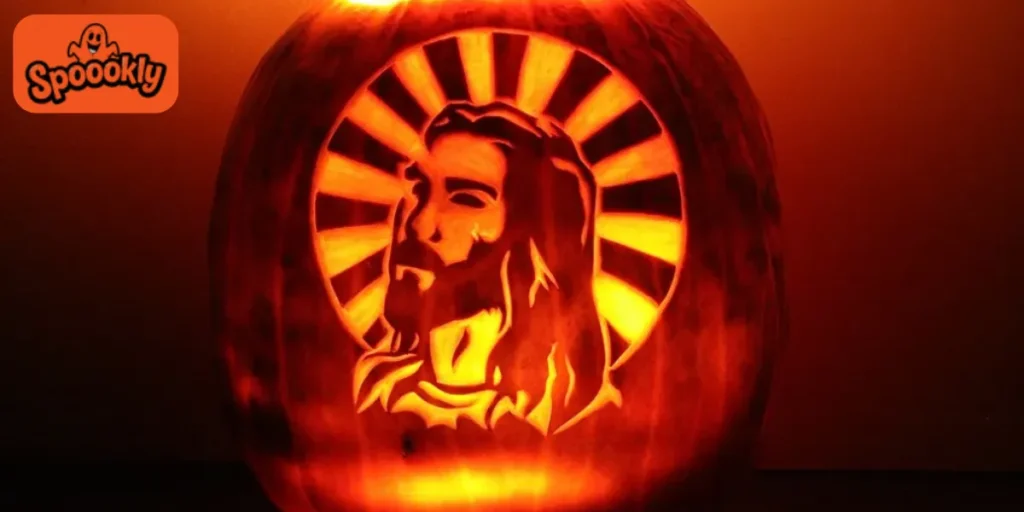
This is where personal belief comes in. For most people, carving a pumpkin or handing out candy has no spiritual meaning at all. It’s no different than attending a New Year’s Eve party or a summer barbecue it’s a cultural event, not a religious one.
However, if someone chooses to attach a spiritual meaning to it positive or negative then it can influence how they feel about participating.
That’s why some people avoid it entirely, while others embrace it without hesitation. The important thing is that the “Devil’s birthday” narrative isn’t rooted in historical fact; it’s rooted in personal interpretation.
The Truth Behind the Myth
Halloween’s history starts with Celtic harvest festivals like Samhain, later blended with Christian traditions such as All Hallows’ Eve.
At no point in recorded history has October 31 been recognized as the literal birthday of the Devil in any mainstream religion or culture. The idea came from modern rumors, not ancient facts.
Today, Halloween is mostly about community events, costumes, candy, and fun with fear and spookiness served in a safe, playful way. While some religious groups choose not to participate, that’s based on personal conviction, not proven links to satanic origins.
Conclusion
No. Not even close. The claim has no historical, theological, or cultural foundation. Halloween has evolved over centuries from seasonal festivals and church observances into a mostly secular, family-friendly event.
If you enjoy the holiday, celebrate it responsibly and know that you’re not marking any supernatural birthday. If you prefer to avoid it, that’s your choice too but it’s worth basing that choice on facts, not myths.
Personally, I see it as a night where communities come together, kids have the time of their lives, and adults sneak one too many fun-size chocolates. And that’s about as far from a devilish celebration as you can get.
FAQs
It mainly grew from certain religious warnings in the late 20th century, which exaggerated Halloween’s use of occult imagery.
No. The Bible doesn’t mention Halloween at all, though it does caution against certain occult practices.
It depends on personal conviction. Some avoid it, others adapt it with church events like “harvest festivals.”
No. Modern Satanic organizations may hold events on Halloween for symbolic reasons, but the holiday’s roots are far older and unrelated to devil worship.
In most communities, yes. Safety precautions like going with adults, checking candy, and using visible costumes make it even safer.

